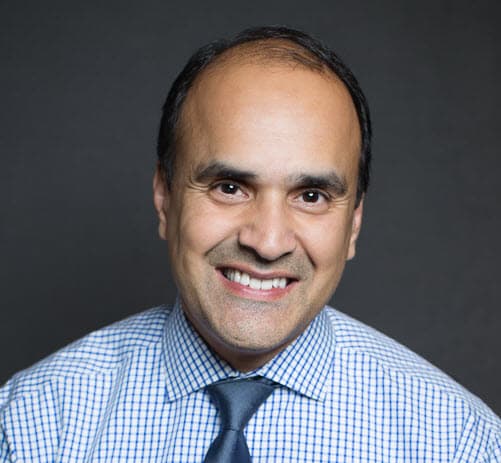
@ShahidNShah

When the New England Journal of Medicine speaks, people in clinical circles listen. In the most recent issue of the Journal, in an article entitled “Electronic Health Records in Ambulatory Care — A National Survey of Physicians” the authors report the following results from the survey:
Four percent of physicians reported having an extensive, fully functional electronic-records system, and 13% reported having a basic system. In multivariate analyses, primary care physicians and those practicing in large groups, in hospitals or medical centers, and in the western region of the United States were more likely to use electronic health records. Physicians reported positive effects of these systems on several dimensions of quality of care and high levels of satisfaction. Financial barriers were viewed as having the greatest effect on decisions about the adoption of electronic health records.
They formed the following conclusions:
Physicians who use electronic health records believe such systems improve the quality of care and are generally satisfied with the systems. However, as of early 2008, electronic systems had been adopted by only a small minority of U.S. physicians, who may differ from later adopters of these systems.
While neither the results nor the conclusions from the results are surprising (that money is the biggest impediment) , they are well documented and give a much better picture given the general rigor of the survey and excellent attention to statistical analysis.
I especially liked their closing remarks:
In discussions about health-information technology, our study informs the debate by providing benchmark information about the levels of adoption of electronic health records by U.S. physicians as of late 2007 and early 2008. Further studies that use clear, similar definitions of electronic health records and representative samples of physicians will be necessary to inform the development of policies with regard to electronic health records in our health care system.

Shahid Shah is an internationally recognized enterprise software guru that specializes in digital health with an emphasis on e-health, EHR/EMR, big data, iOT, data interoperability, med device connectivity, and bioinformatics.
Connecting innovation decision makers to authoritative information, institutions, people and insights.
Medigy accurately delivers healthcare and technology information, news and insight from around the world.
Medigy surfaces the world's best crowdsourced health tech offerings with social interactions and peer reviews.
© 2025 Netspective Media LLC. All Rights Reserved.
Built on Mar 12, 2025 at 5:07am